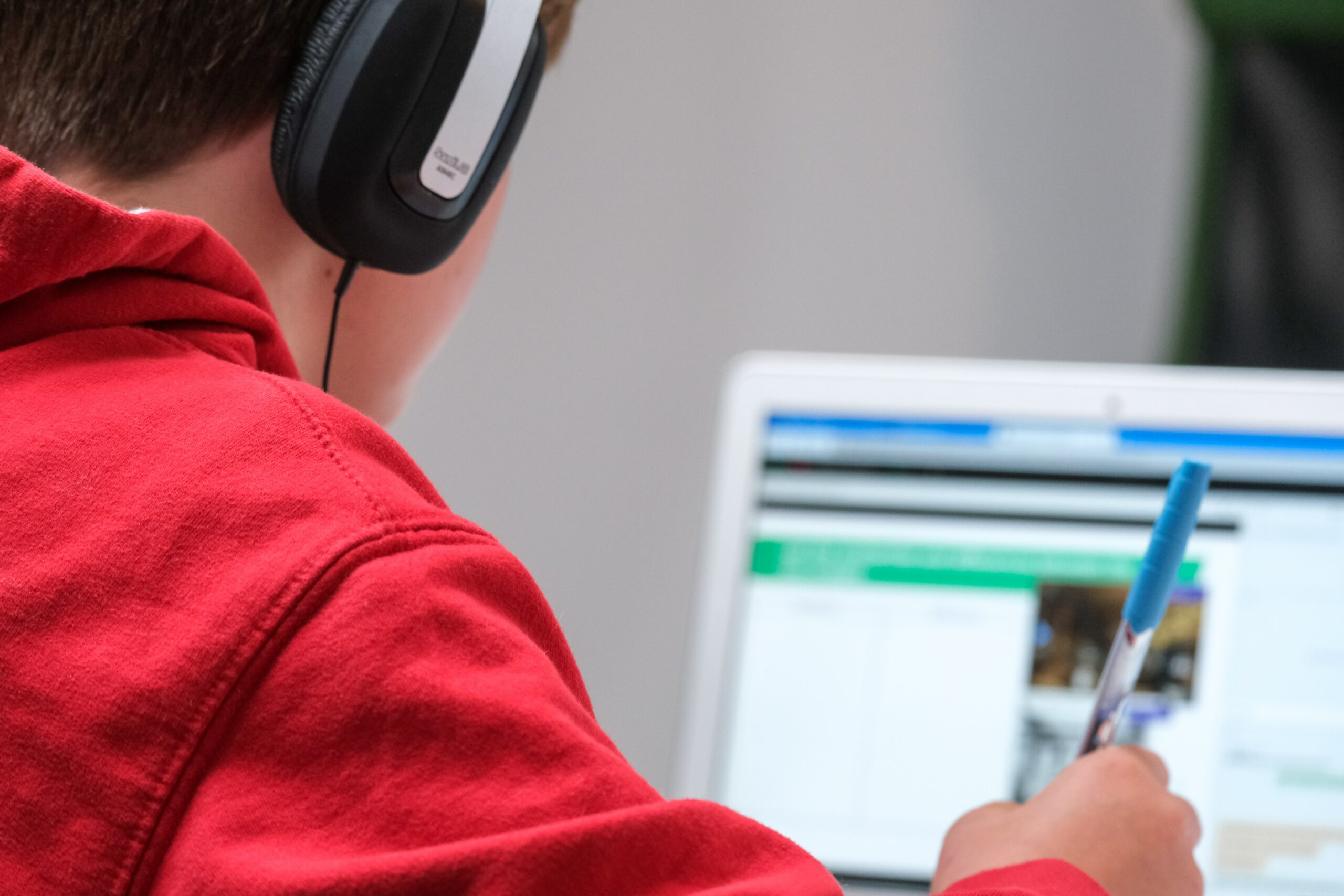Everything is better with a song. Should songs be used in teaching English to children?
- Superpowers or nature?
- About the benefits of music
- Which English songs can be used with children?
- Educational songs
- Authentic English Songs for Kids
- Sing immediately or…
Everyone loves singing. Even those who cannot sing or do not have an ear for music sometimes find themselves humming popular songs. Don’t even ask about those who can sing and who can easily “whistle” or “tap” any melody! And, of course, our children are the best singers. Children easily remember long verses and sing them skillfully, imitating the intonation without even fully understanding the content and lyrics. How do they do it? It’s a mystery!
Superpowers or nature?
In life, there are no mysteries, and everything is explained by human nature.
Remember that children learn by imitating adults – their facial expressions, gestures, movements, intonation and speech. During the first years of life, children perceive all their information by ear, reinforcing what they hear with what they see around them. Thus, children have some specific features that are lost with age. The following aspects are well developed:
- Speech hearing, which helps distinguish intonation and catch other phonetic features of the speech, even without understanding the meaning of individual words.
- Language “intuition”, which promotes rapid “catching” and the use of grammatical and syntactic structures, word-formation patterns, etc. using an analogy.
- Emotional and imaginative thinking, which helps children easily associate the content of the speech with visual images and understand what is being said without translation or additional explanations.
- Language memory, which accumulates a lot of passive knowledge and transforms it into active use.
About the benefits of music
Given all these, it is not surprising that memorising and repeating the frequently heard lyrics of a song is not a problem for a child. Rhymes set to music with a rhythm and a beat is even easier to remember; this is also attractive because it leaves an emotional response in the memory – everyone knows what positive effects music can have.
In addition to the purely aesthetic and entertainment function, it should be remembered that listening to music fulfils a great developmental function for the brain and for hearing through capturing and identifying sounds. A child is recommended to listen to classical music from birth; in nursery schools or kindergartens, most classes involve music or choral singing- where even those who cannot talk participate actively.
All these facts prove the importance of songs in a child’s life. Therefore, using songs in learning English is essential.

Which English songs can be used with children?
There are plenty of free English songs for children on the internet; you can easily find and download them according to your needs. However,
in terms of learning, it is important to know that all songs fall into two broad categories – educational songs and authentic songs. Each category has its own goals and specifics, which play an important role in the use of songs in the process of teaching English to children.
Educational songs
These are the songs that were made and recorded specifically for educational purposes. Accordingly, the lyrics of educational English songs for children contains specially selected language units. Such songs are based on simple grammatical structures, which, by way of multiple repetition, remain in students’ mind as speech patterns. The lexical component is also quite simple. Such songs were specifically designed for memorising certain words and phrases.
The educational songs can be:
- Lexical, designed to memorise the most common thematic vocabulary (numbers, animals, clothing, etc.). For example, https://www.youtube.com/watch?v=YyFLBTTAbSE
- Grammatical, aimed at memorising grammatical structures. Such songs are handy for practising grammar in situations where it is most often used. They resemble a question-answer conversation, where these structures are commonly used. For example,https://www.youtube.com/watch?time_continue=1&v=_Ir0Mc6Qilo&feature=emb_logo
- Situational, demonstrating cliches of everyday life and etiquette phrases. For example, https://www.youtube.com/watch?v=tVlcKp3bWH8
- Phonetic, including wordplay for the development and drilling of auditory-pronouncing skills. For example, https://www.youtube.com/watch?v=HGgsklW-mtg
As a rule, when teaching English to children, phonetics is not given a special focus. It is accepted that the acquisition of pronunciation goes together with the formation and development of speaking skills through imitation of speech. Therefore, such combinations as ‘hickory-dickory-dock’ or ‘hokey-pokey’ in songs contribute to the involuntary practicing of auditory-pronouncing skills.
Educational songs should be sung clearly, with great attention to intonation and pronunciation, because children catch them first. Thanks to the simplicity and multiple repetitions of words, educational songs are quickly remembered. Due to specially selected music, they “stick” for a long time, so the lyrics play the role of involuntarily memorable speech and language cliches; this is the main benefit of educational songs.
Authentic English Songs for Kids
These are author’s or folk English songs for children, composed by native speakers and convey the feelings, realities of life, traditions and culture of the English people. Such songs are much more complex in content, rich in a variety of grammatical structures, vocabulary and speech patterns.
Authentic songs facilitate the development of language intuition, speech hearing, imaginative thinking, and are usually used not to practice specific language and speech patterns. Instead, they simulate the language environment because such songs recreate the realities of the country of the target language and convey the atmosphere of English life or holiday; this includes, for example, lullabies, greeting and holiday songs. For example, https://www.youtube.com/watch?v=eQ34DSTjsLQ
Another feature of authentic songs is that they have a story, and they are interesting to act out, accompanying all the actions with words from the song. For example, https://www.youtube.com/watch?v=tbbKjDjMDok&t=3s
Sing immediately or…
However, it should be remembered that, while imitating the native speaker, children do not always hear all the words, and the incorrect sound image of the word may remain in the memory. Therefore, it is important to be able to select the songs correctly and carry out the appropriate preparatory work before listening. For example, you can present the keywords of an English song on the cards. Practice basic grammatical structures that will occur in the lyrics in different situations. Speak out and act out the story of the song without music. During such exercises, a child will focus on the right things, the perception will be as correct as possible, and then the entire learning potential of the song will be used.
Teachers at Novakid Online English School know the importance of songs and are very fond of using them at different levels of English. Maybe this is why preschoolers and younger students love our video lessons so much that they cannot just talk to the teachers but sing? We are sure that your children will like it too! The test lesson is free.







































